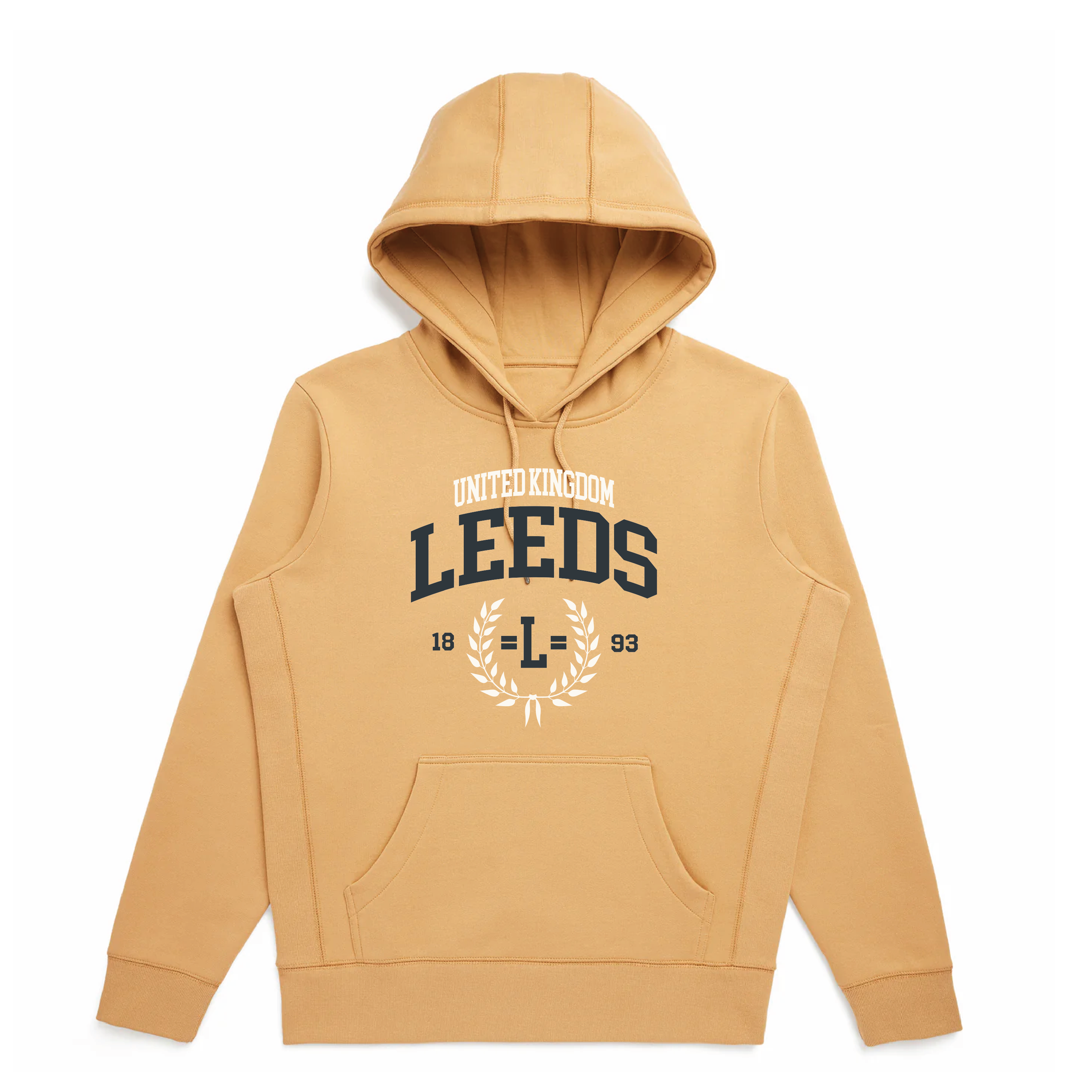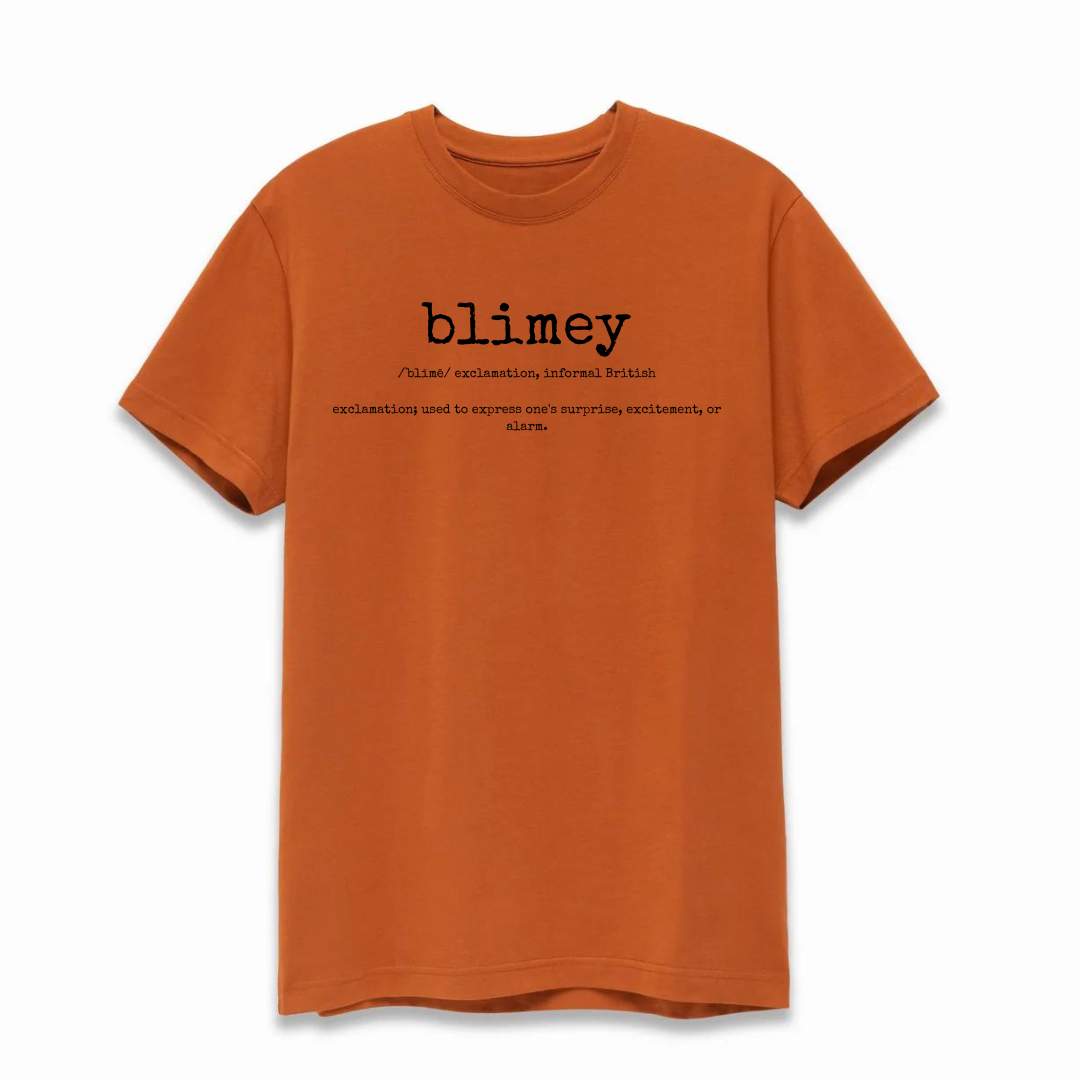SUPIMA® utilizes forensic science to test the natural fiber itself and verify its place of origin. To ensure this, SUPIMA® has partnered with Oritain, a global leader in forensic science.
Without clear knowledge of the origin of a product it is impossible to definitively talk about the product. The ability to authenticate cotton to its point of geographical origin enables an open dialogue about all relevant facts, including point of origin, sustainability, and social and economic responsibility aspects. Unlike other technologies that are dependent upon the addition of a tracer or marker.
What is the Difference between “Pima Cotton” and “SUPIMA® Cotton”?
SUPIMA® cotton is only grown in the United States and makes up only 1% of the cotton fabric grown globally. It is understood as the highest quality of cotton available. SUPIMA® cotton is simply "superior pima" cotton. Pima cotton is a soft and durable cotton, but SUPIMA® builds on top of that to produce an even higher quality cotton. Pima cotton blanks have extra long fibers which provide some softness, durability, and strength. However SUPIMA® cotton blanks are made of the most durable cotton while providing the silkiest, softest feel of cotton available in the world. Both Pima and SUPIMA® cottons are regarded as higher grade than traditional cotton, but there is not a better cotton produced in the world than SUPIMA® Cotton.



